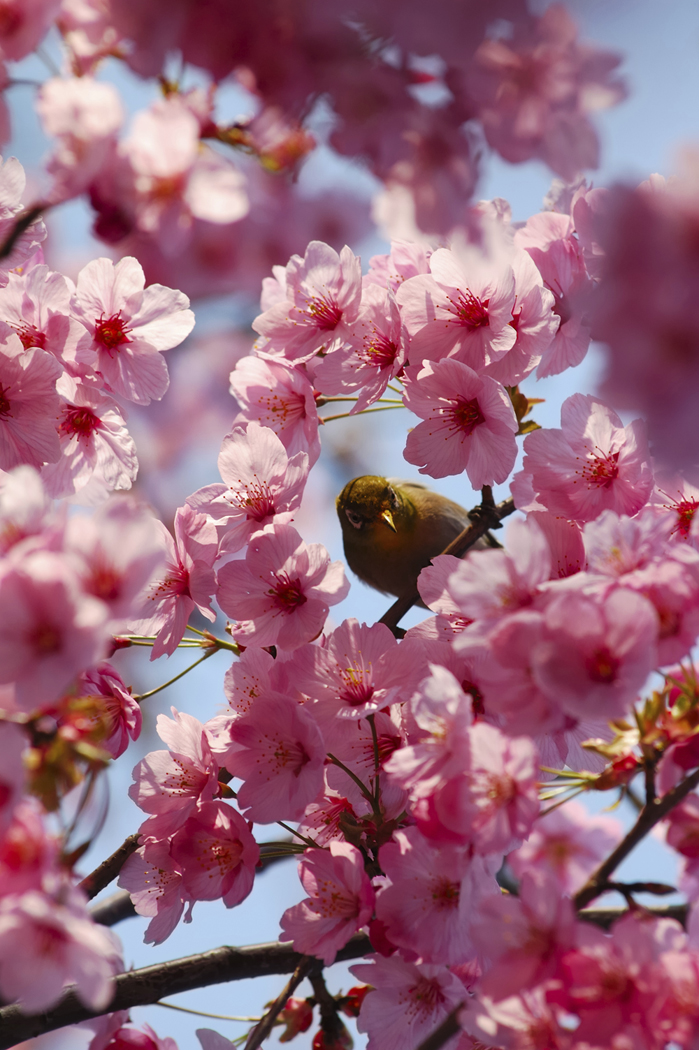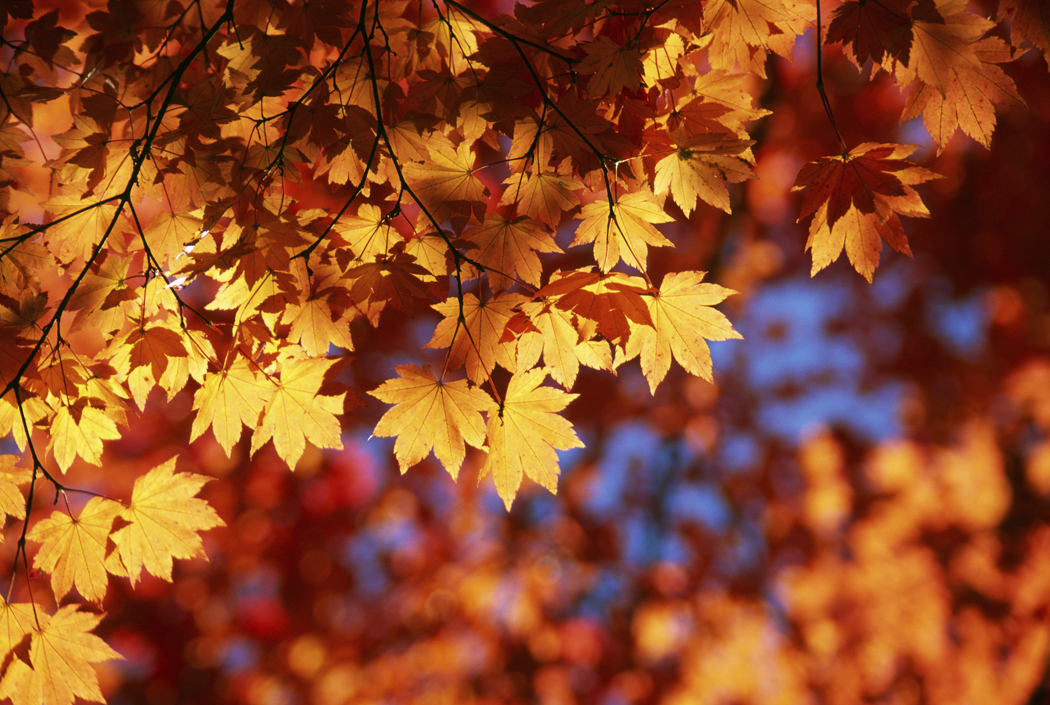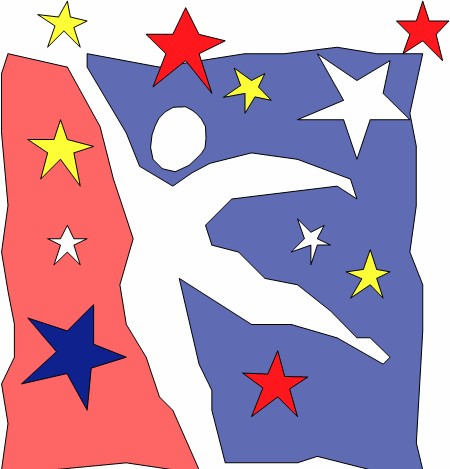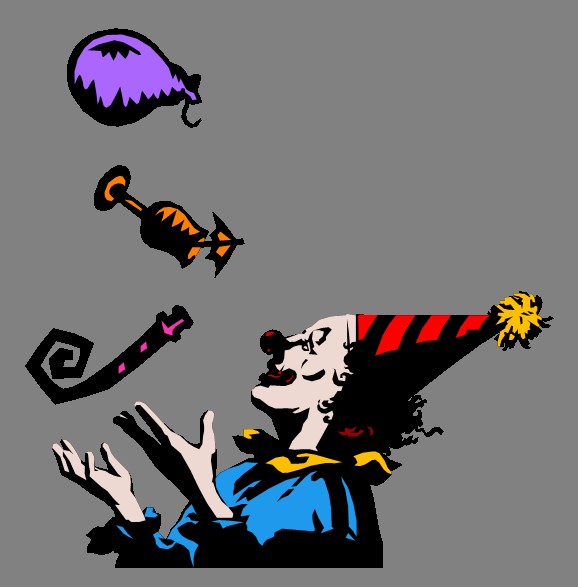A recent article, “Seasons No Longer Relevant To the Arts,” claims that “global warming has made minor climatic, seasonal distinctions meaningless,” and it concludes that works of art containing references to “the sub-seasons of Spring and Fall” should be dropped from K-12 curricula. The study focuses on a recent and controversial publication by preeminent modern art historians Professors Polo Frail and Rolf Aplio who argue that “geophysical realism must replace the antiquated usage of seasonal variation as a conceptual foundation of creativity” and that “modern K-12 education must be relevant to geophysical reality” (full text here).
The study points out that “anyone born after 2000 has no concept of what ‘The Four Seasons’ means in terms of a relation of external experience or data relative to one’s internal cognitive reality…to expect a modern K-12 student to conceptualize antiquated nuances of seasons is on par with expecting him to understand Old English.” The authors go on to list particular works of art that have no relevance in K-12 studies in various artistic fields and should be restricted to studies of literature, music, and art at the college level, including: The Rite of Spring by Igor Stravinsky; The Four Seasons by Antonio Vivaldi; The Canterbury Tales by Geoffrey Chaucer; Under Milk Wood by Dylan Thomas; A Man for All Seasons, by Robert Bolt; and, ironically, Silent Spring by Rachel Carson. Presumably, a lot of “seasonal” poetry will also be expunged, e.g., Ode On The Spring by Thomas Gray, Chanson d’Automne by Paul Verlaine, Spring and Fall by Gerard Manley Hopkins, Gathering Leaves by William Frost, and, needless to say, in just by e.e. cummings:
in Just-
spring when the world is mud-
luscious the little
lame balloonman
whistles far and wee
and eddieandbill come
running from marbles and
piracies and it’s
spring
when the world is puddle-wonderful
the queer
old balloonman whistles
far and wee
and bettyandisbel come dancing
from hop-scotch and jump-rope and
it’s
spring
and
the
goat-footed
balloonMan whistles
far
and
wee
Article by Bill Norrington






